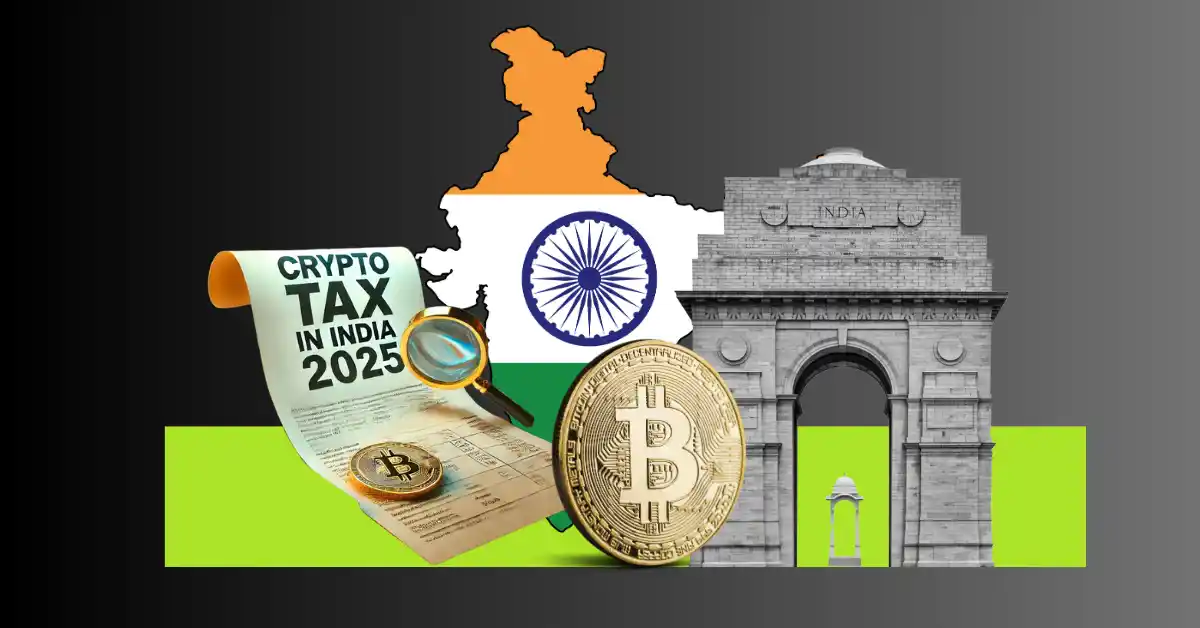
India’s Central Board of Direct Taxes (CBDT) has initiated a large-scale investigation into individuals and entities who failed to report income from Virtual Digital Assets (VDAs), including cryptocurrencies.
The CBDT has identified widespread non-compliance related to crypto income and has sent notices via email, asking recipients to update their Income Tax Returns (ITRs).
“The department has recently sent emails to thousands of defaulting persons to review their ITR and update it if any income on account of VDA (Virtual Digital Asset) transactions has not been properly declared,” a senior CBDT official confirmed.
The undeclared income violates provisions under the Income Tax Act, 1961 and is now under close scrutiny.
This enforcement action is part of CBDT’s NUDGE initiative (Non-Intrusive Usage of Data to Guide and Enable) under Section 80GGC. The focus is to detect tax evasion and money laundering in crypto activities.
Key triggers for the crackdown include:
This action aligns with the Indian government’s efforts to bring transparency to the digital asset ecosystem and combat financial crimes involving crypto.
If you’ve received a notice or believe your crypto income is not properly declared, take the following steps:
Timely compliance can help avoid penalties and formal investigations.
The CBDT has made it clear that this is a final reminder. Those who fail to respond to the notice may be subjected to verification or in-depth scrutiny.
“Those who fail to respond to the nudge may be picked for verification or scrutiny,” CBDT warned.
This action signals a stricter enforcement environment for crypto users in India. As virtual assets grow in popularity, the tax department is stepping up efforts to ensure transparency and legal compliance.
The CBDT launched a probe into crypto income to combat tax evasion and money laundering, identifying widespread non-compliance where large crypto trades didn’t match income disclosures.
Crypto income should be declared separately from other capital gains in your ITR, typically using the dedicated Schedule VDA, and potentially an ITR-U if updating past returns.
India imposes a flat 30% tax on crypto gains and a 1% TDS on transfers over ₹10,000, with no loss set-off.
CoinPedia has been delivering accurate and timely cryptocurrency and blockchain updates since 2017. All content is created by our expert panel of analysts and journalists, following strict Editorial Guidelines based on E-E-A-T (Experience, Expertise, Authoritativeness, Trustworthiness). Every article is fact-checked against reputable sources to ensure accuracy, transparency, and reliability. Our review policy guarantees unbiased evaluations when recommending exchanges, platforms, or tools. We strive to provide timely updates about everything crypto & blockchain, right from startups to industry majors.
All opinions and insights shared represent the author's own views on current market conditions. Please do your own research before making investment decisions. Neither the writer nor the publication assumes responsibility for your financial choices.
Sponsored content and affiliate links may appear on our site. Advertisements are marked clearly, and our editorial content remains entirely independent from our ad partners.
Story Highlights The live price of the Gnosis token is Price predictions for 2026 range…
The crypto market rout has intensified with heavy liquidation amid low liquidity. Although the Bitcoin…
XRP has returned to focus as recent price weakness coincides with a noticeable shift in…
The chief executive of Ripple has reaffirmed the company’s commitment to the XRP ecosystem, saying…
Blockchain payments company Ripple is expanding its institutional digital asset custody services through new partnerships…
Solana price saw a sharp pullback at the start of the month, with the price…